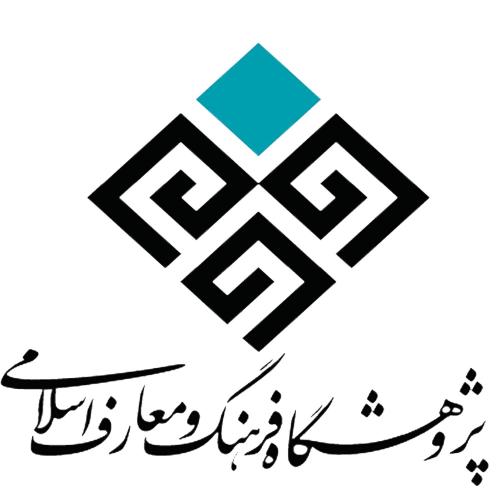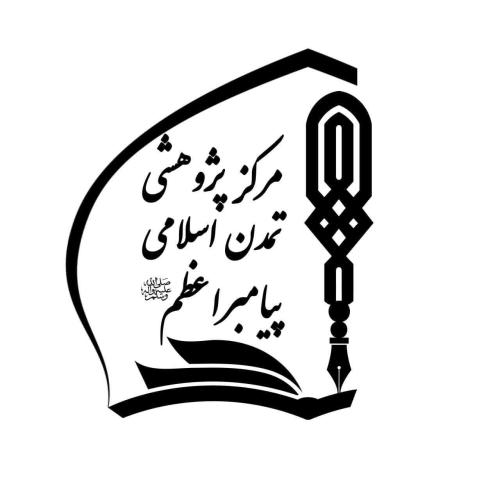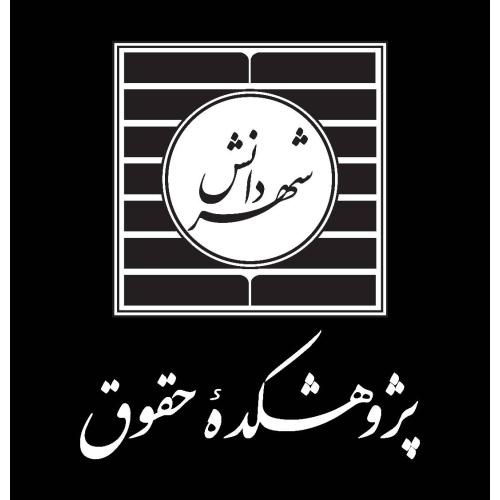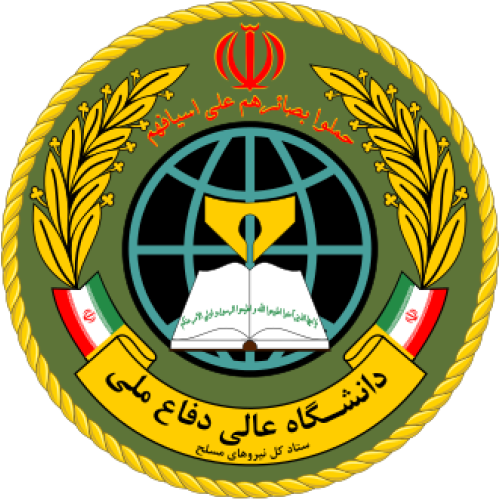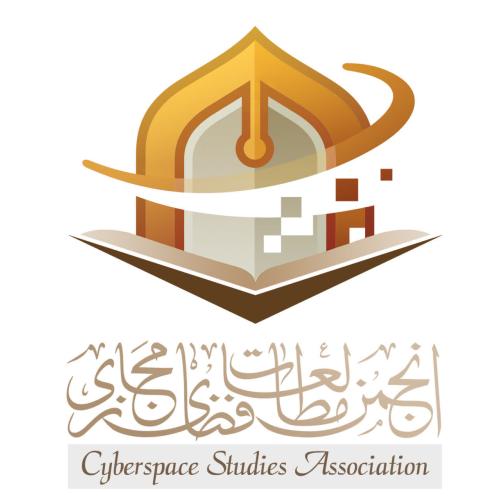-
1. مفهوم، مبانی و چارچوبهای حقوق ملت و آزادیهای مشروع در نظام جمهوری اسلامی ایران و مقایسه آن با سایر نظامهای حقوقی
-
2. سازکارها و الزامات تأمین و تضمین حقوق ملت و آزادیهای مشروع
-
3. دستاوردهای نظام جمهوری اسلامی ایران در زمینه حقوق ملت و آزادیهای مشروع
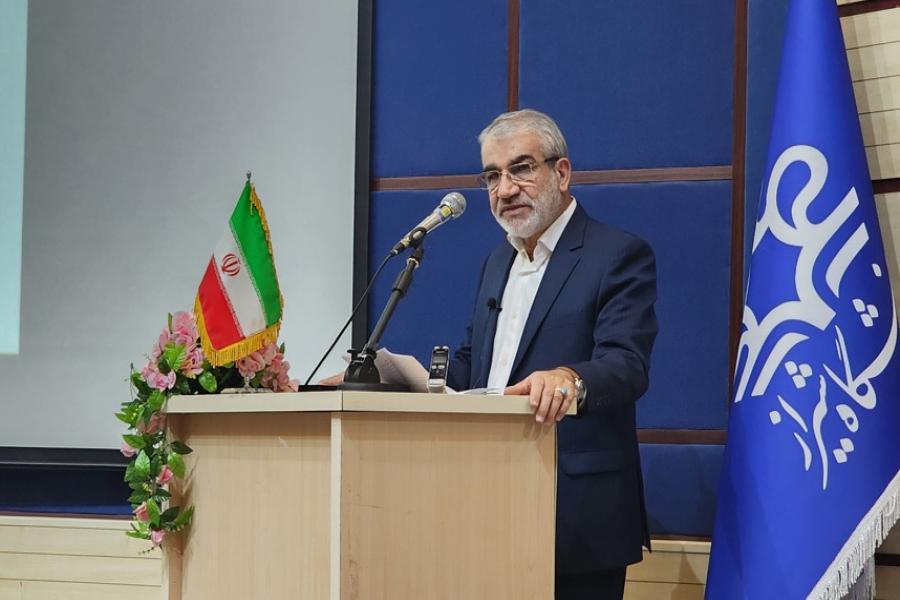
Speaking at a pre-conference session in Shiraz ahead of the International Conference on “People’s Rights and Legitimate Freedoms in Thoughts of Ayatollah Khamenei,” Dr. Kadkhodaei highlighted the increasing global academic attention to the concept of freedom, stressing the need to translate these discussions into accessible insights for the broader public—especially for the younger generation.
“Freedom is a topic of extensive discussion in academic institutions both in Iran and abroad,” he said. “What’s essential now is to explain these ideas more clearly and make them meaningful for society, particularly for our youth.”
Kadkhodaei explained that the main conference, which centers on the Leader’s perspective on legitimate rights and freedoms, has been in preparation for over a year and is set to take place in Tehran on December 3. He described the event as an important initiative to communicate the depth of the Leader’s thought to a wider audience.
“This conference aims to articulate key aspects of Ayatollah Khamenei’s intellectual legacy for both Iranian society and the global public,” he said. “He remains one of the most influential thinkers in the Islamic world today.”
Discussing the universal relevance of the topic, Kadkhodaei noted, “Freedom is a shared concern among intellectuals around the world, though its interpretations vary widely. It is central to all branches of the social sciences and has historically been regarded as an essential aspect of human nature.”
Addressing differences in worldview, he remarked, “Western societies offer various definitions of freedom shaped by secular traditions. That’s why, when we speak of freedom, we must ask: are we referring to freedom grounded in divine unity and servitude to God, or to a purely humanistic understanding of liberty?”
He argued that freedom finds its true purpose only when it leads to human growth and elevation. “Freedom must serve as a means for spiritual and moral development—and that is only possible through monotheism and devotion to God,” he said.
In the context of the Islamic Republic, Kadkhodaei asserted, freedom is not perceived as a threat to individual rights but as a principle that enhances both personal dignity and collective progress. “In Iran’s constitutional framework, freedom is structured to uphold rights while advancing the well-being of society as a whole,” he said.
Contrasting Islamic and Western philosophies, he stated, “In the West, freedom is often treated as an end in itself. But from a theistic perspective, freedom is a means to achieve higher purposes. Absolute, unbounded freedom is not acceptable, as it can lead to the violation of others’ rights.”
“Freedom must operate within the limits of justice,” he added. “It is not the final goal, but a tool to realize broader societal objectives. It must be restrained where necessary to prevent injustice and discrimination.”
In closing, the senior official reaffirmed that freedom is not only a philosophical ideal but a legal commitment enshrined in Iran’s Constitution. “Freedom is one of the core pillars of the Islamic Republic, clearly outlined in Articles 2 and 3 of the Constitution,” he concluded.

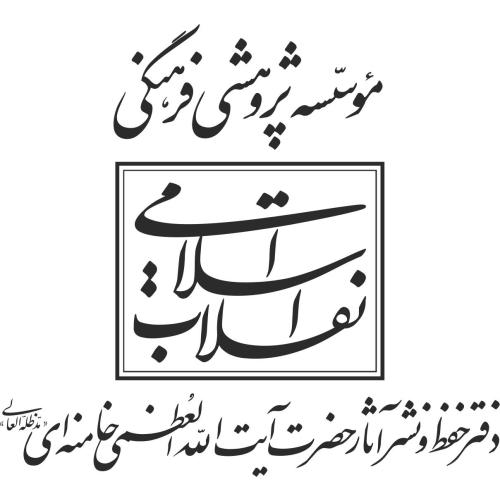
.png)
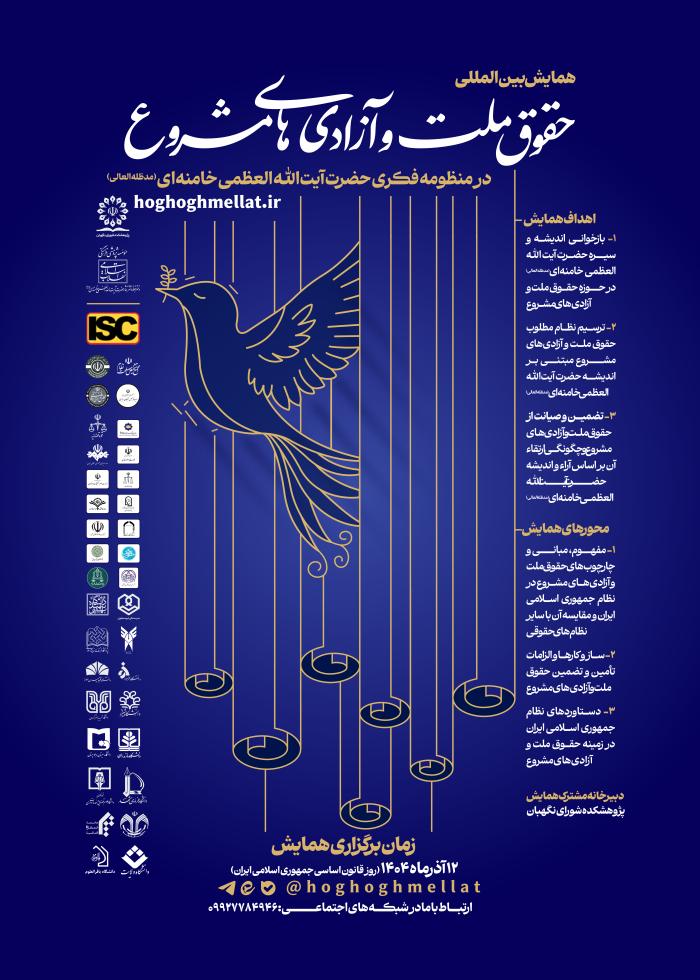
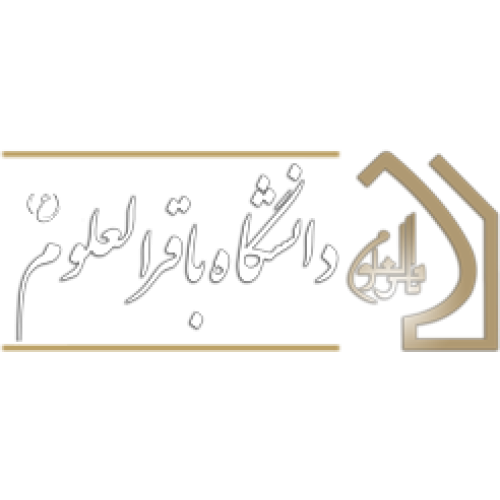
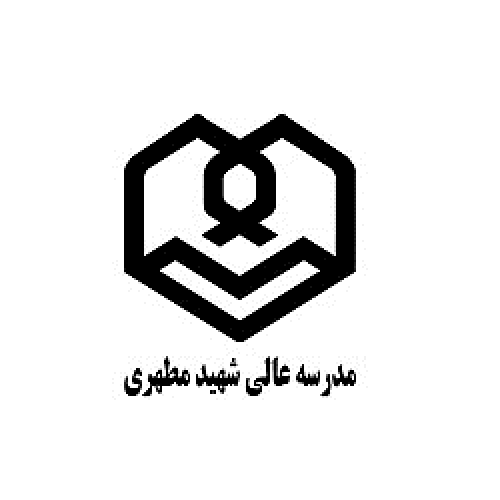
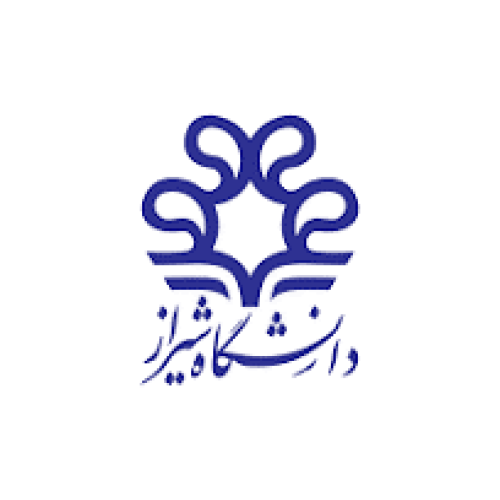
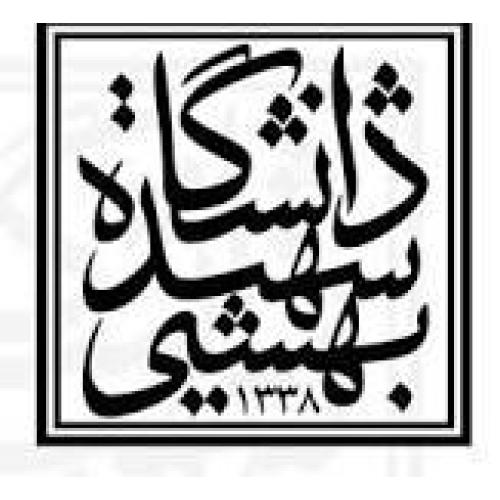
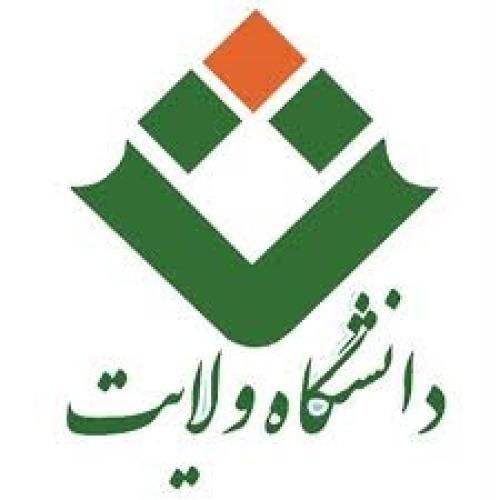
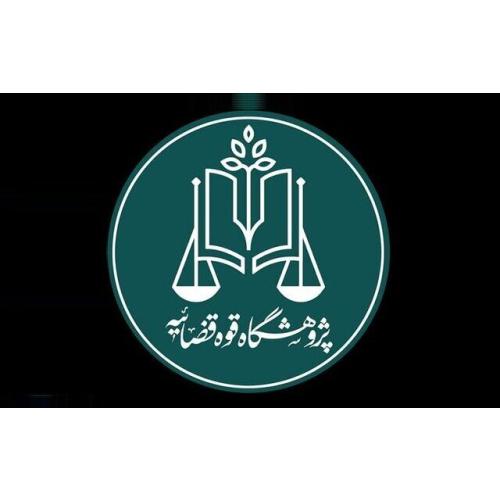
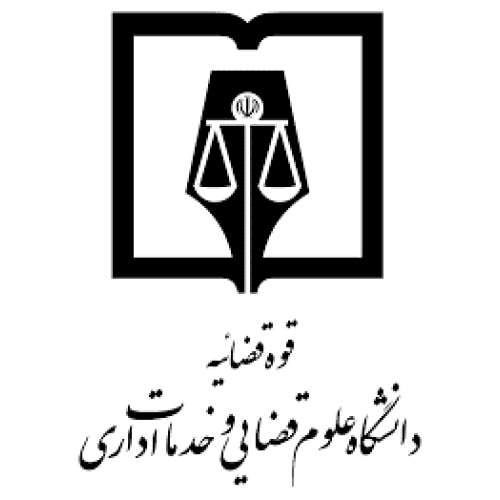
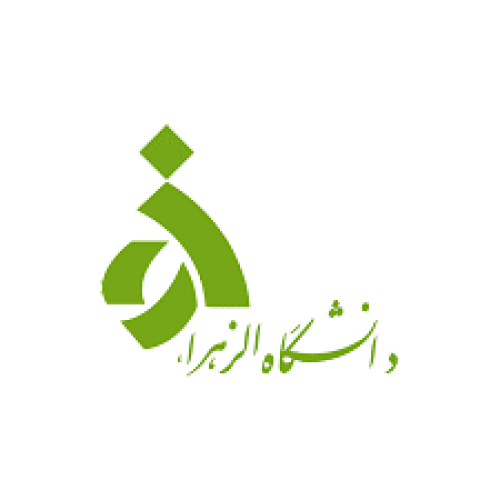
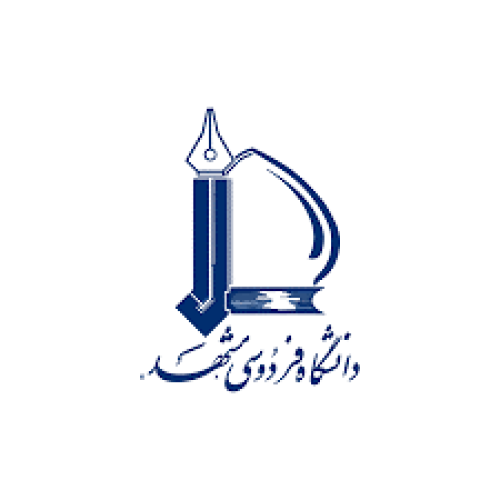
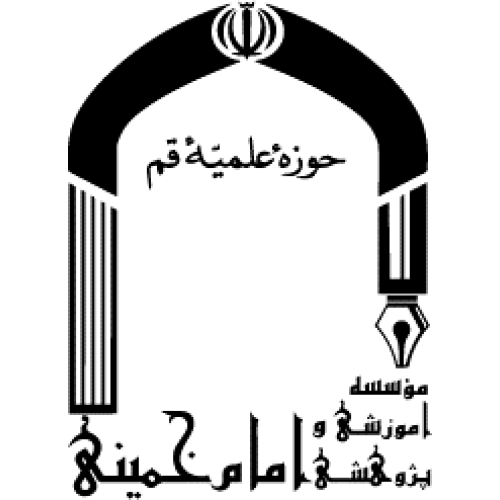
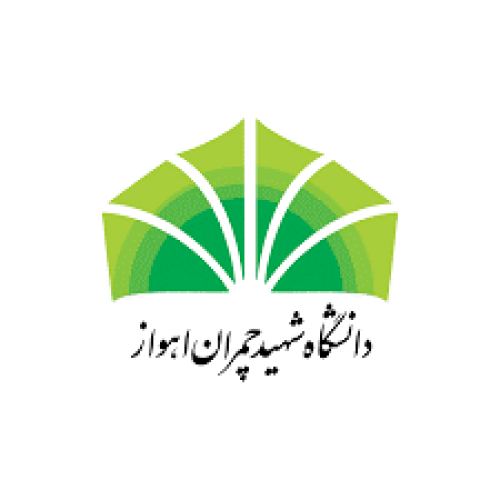
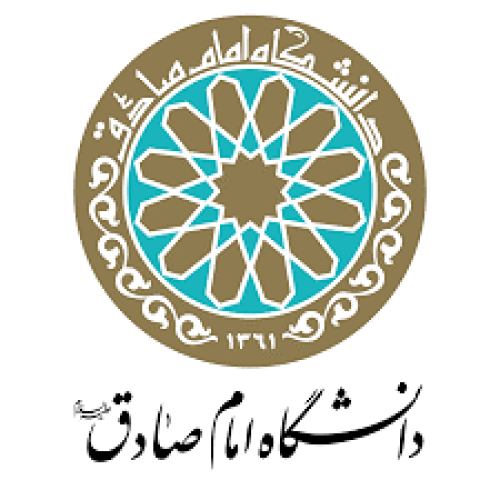
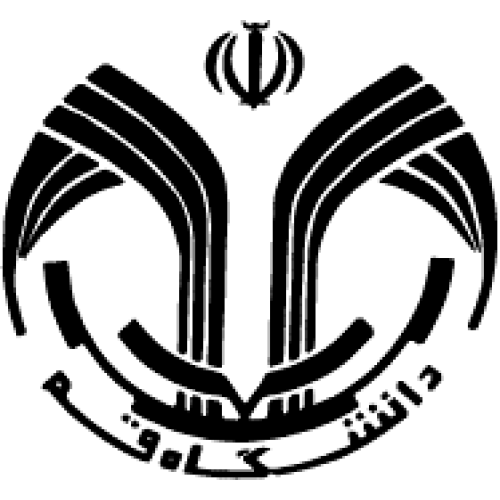
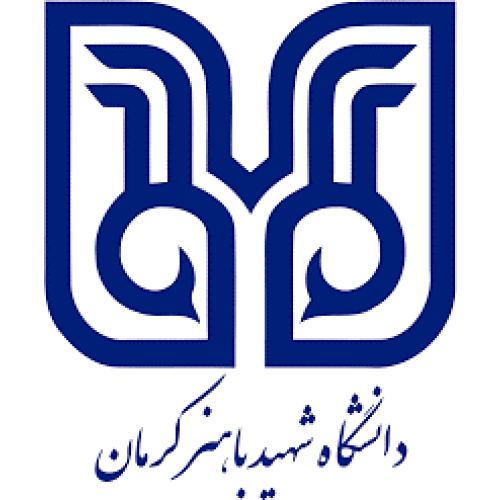
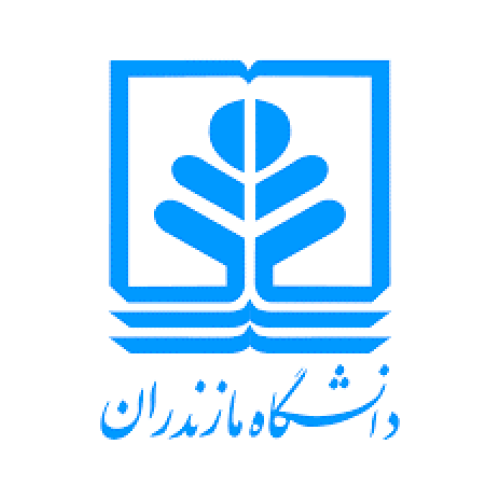
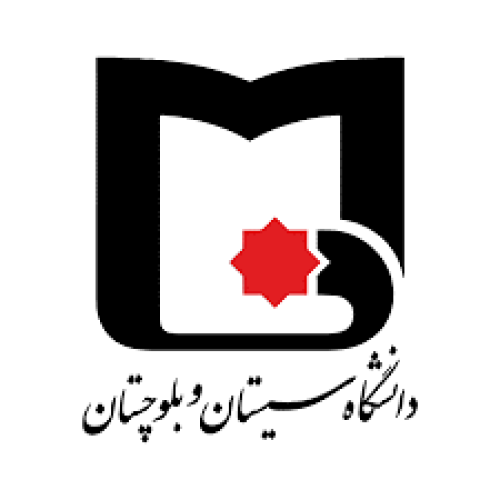
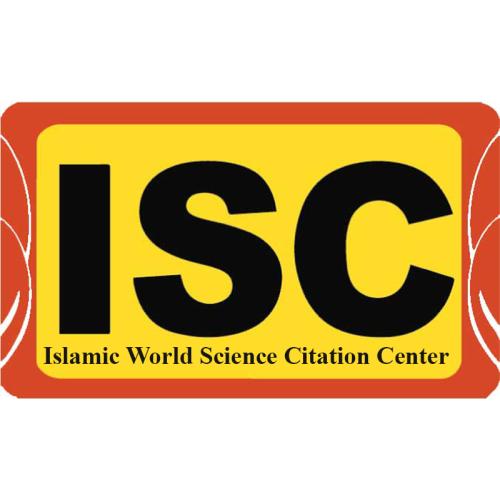
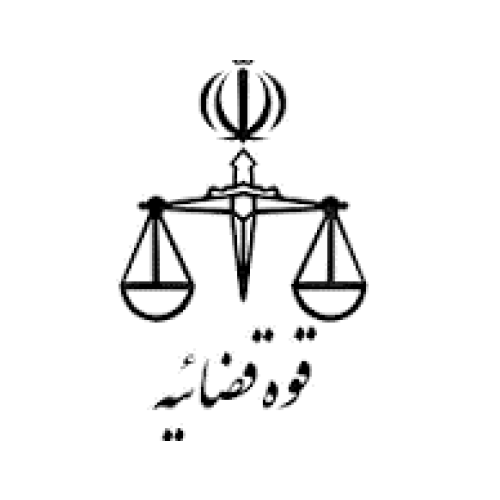
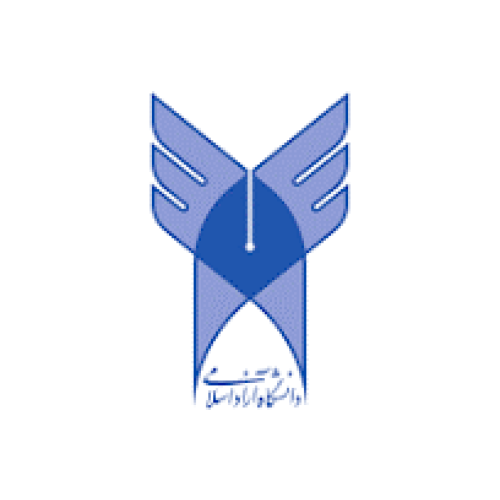
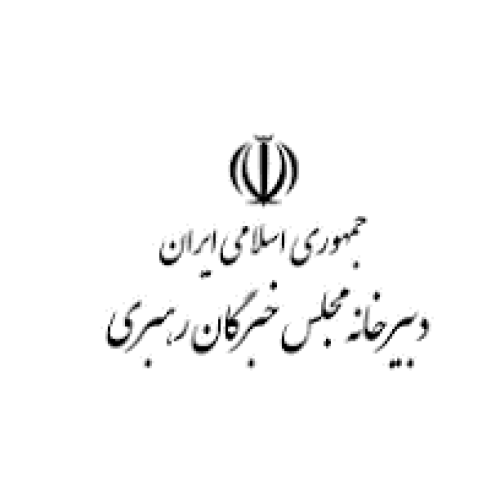
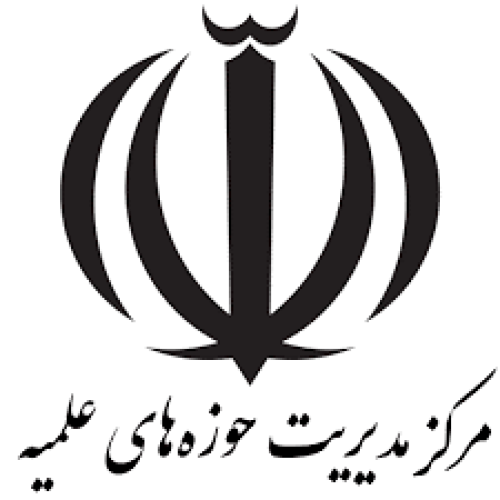
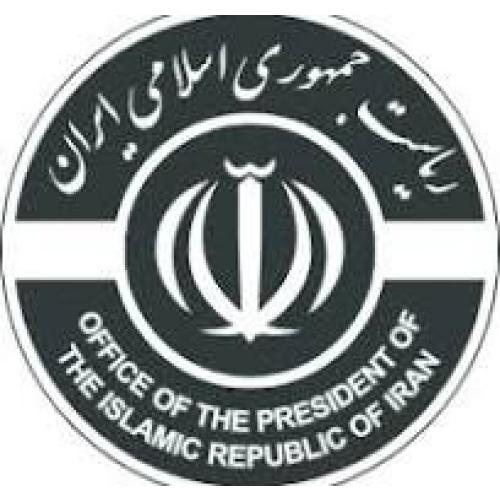
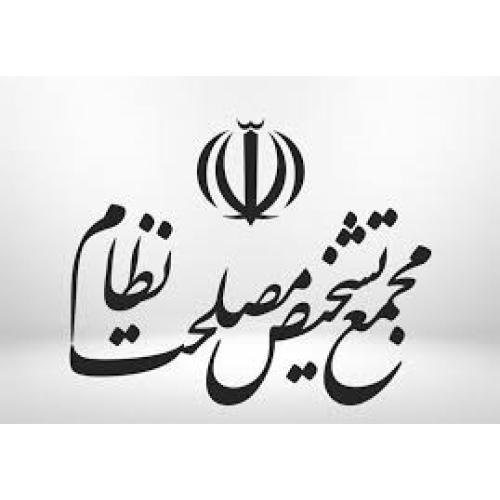
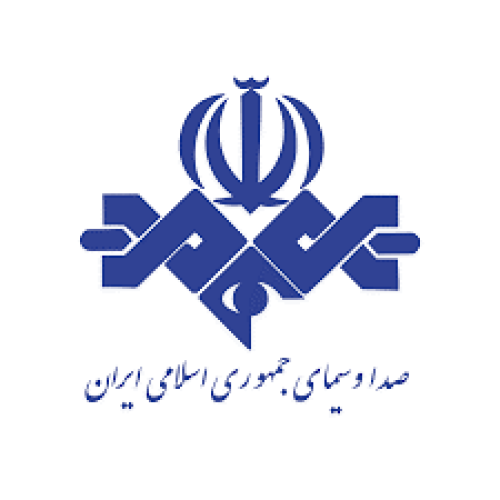
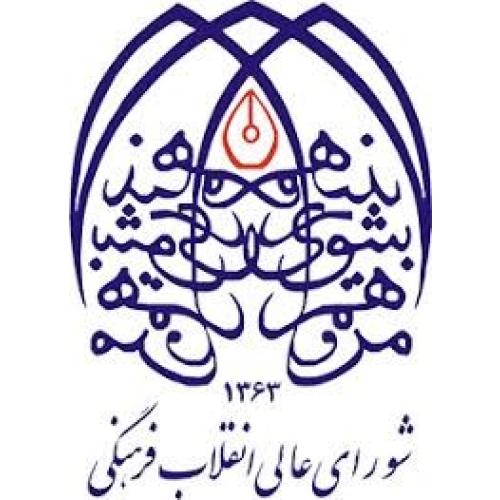
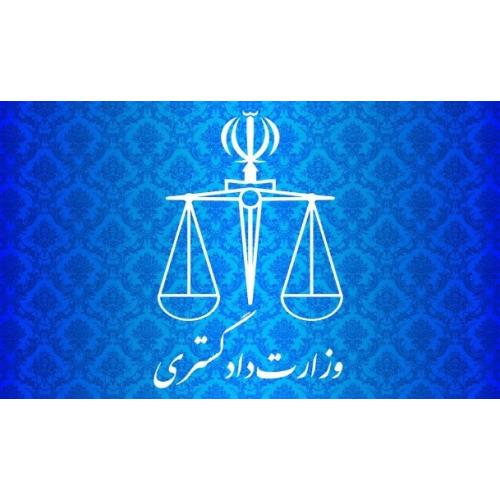
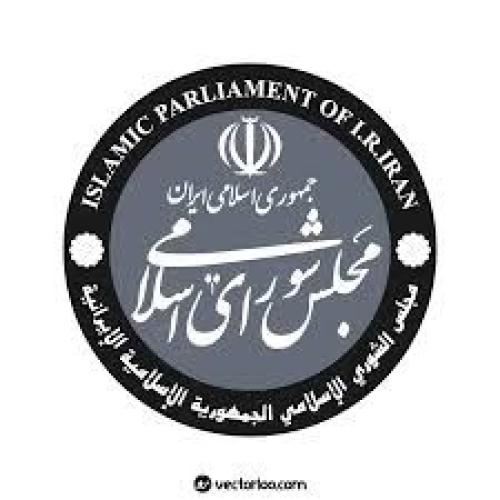
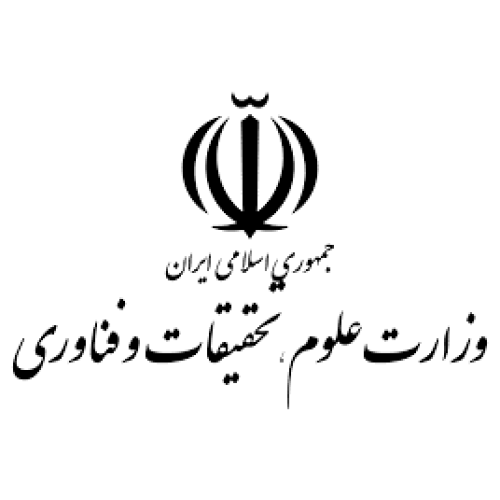
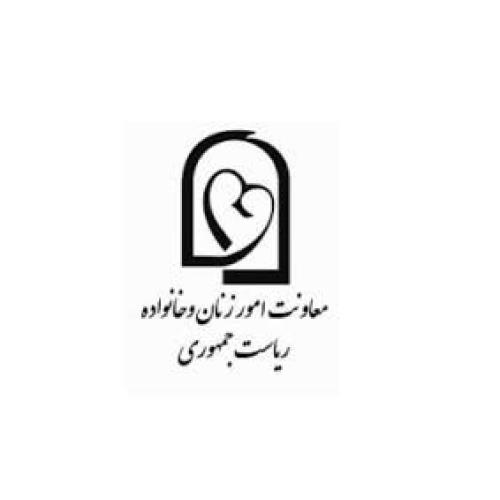
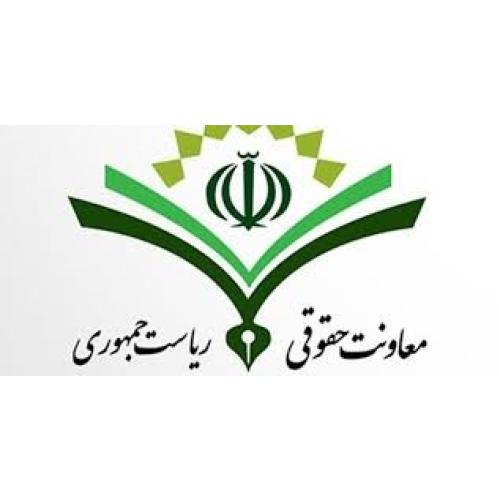
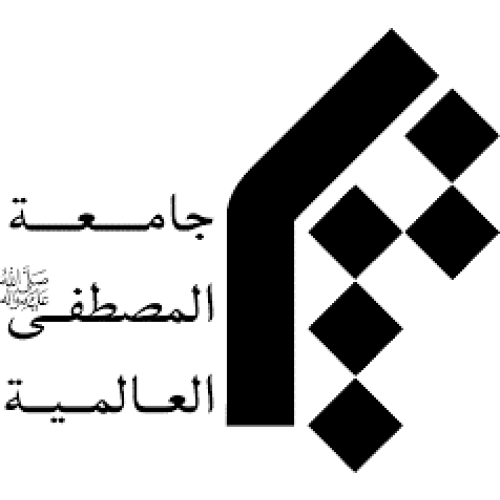
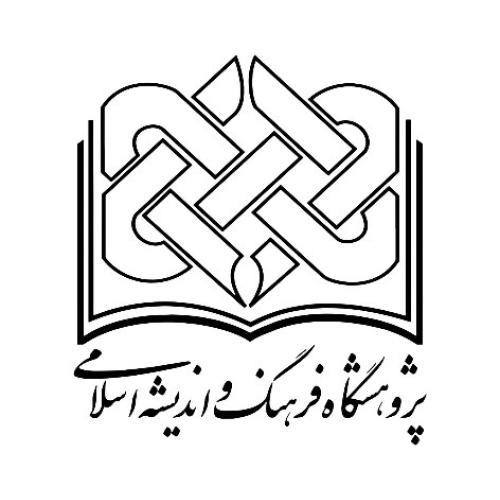
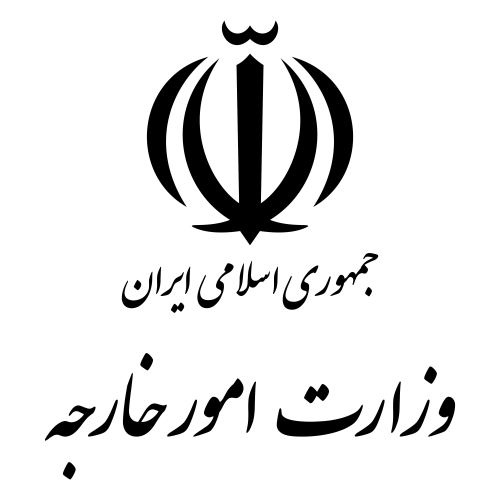
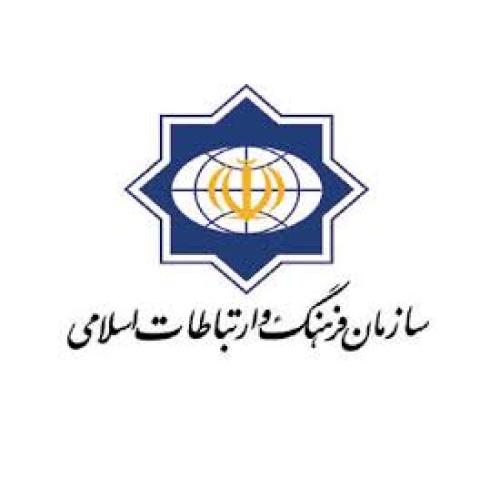
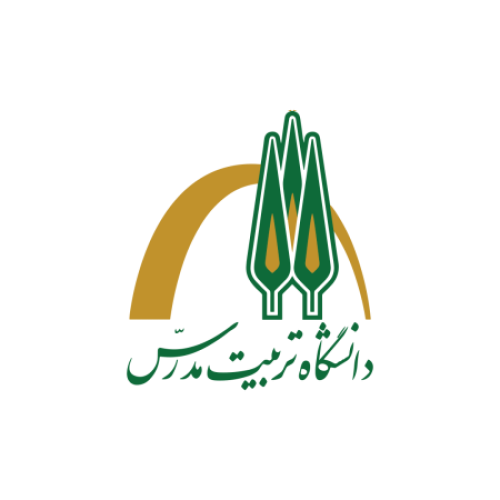
.png)
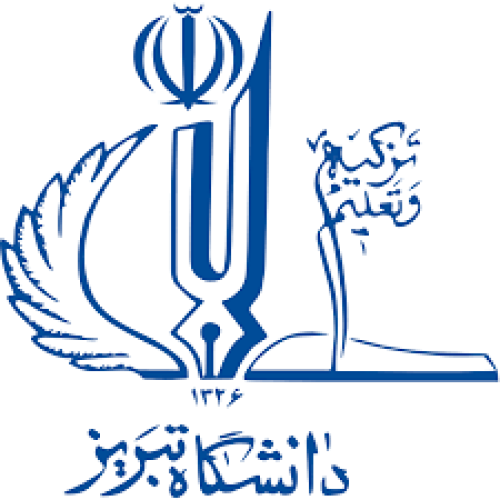
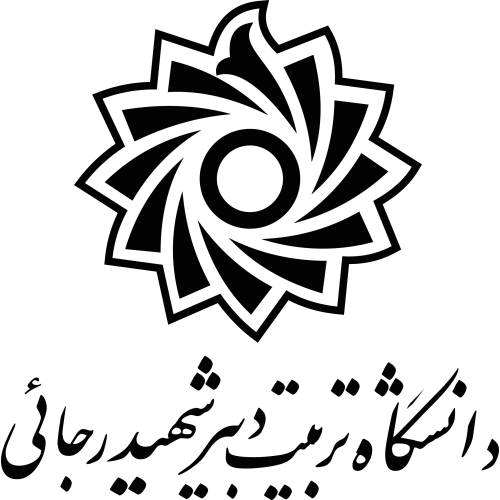
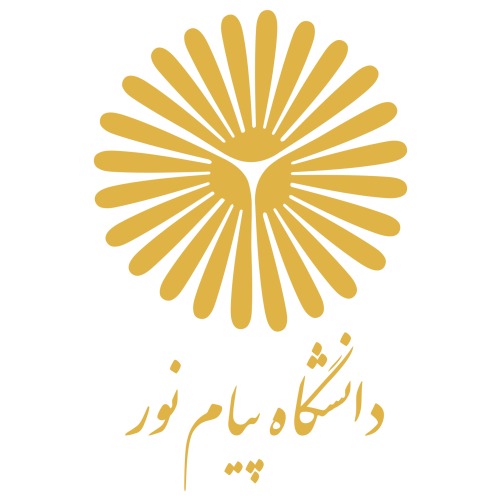
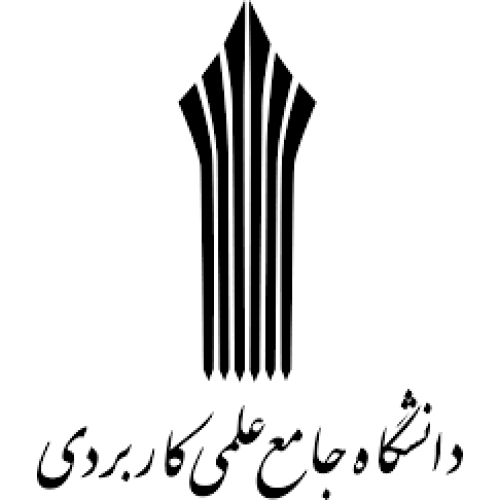
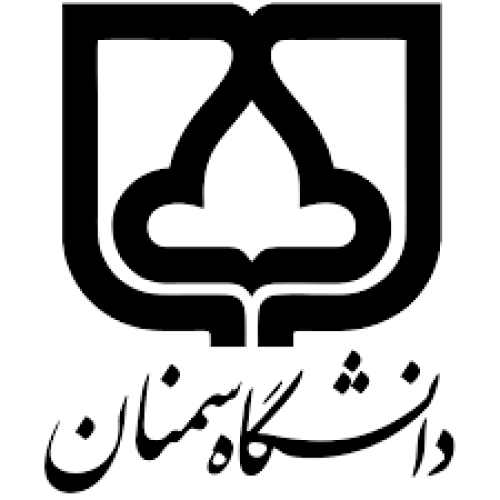
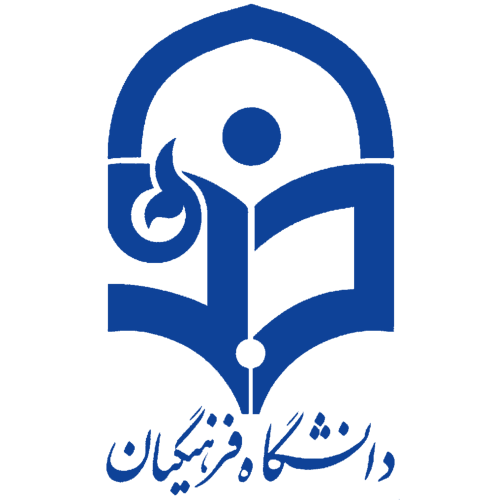
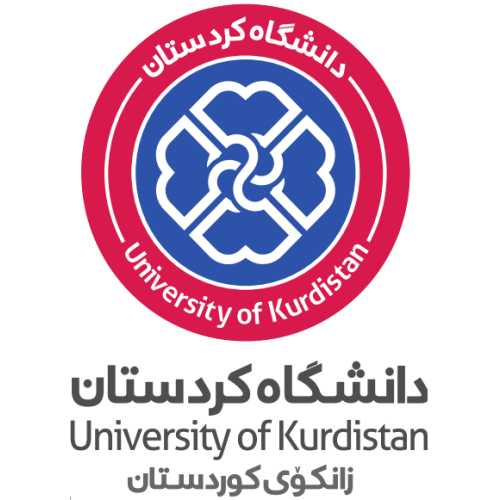
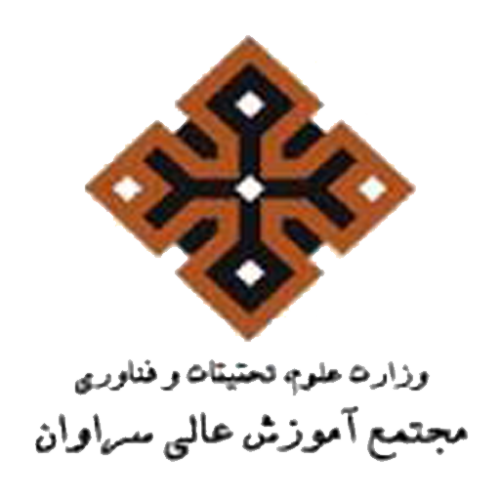
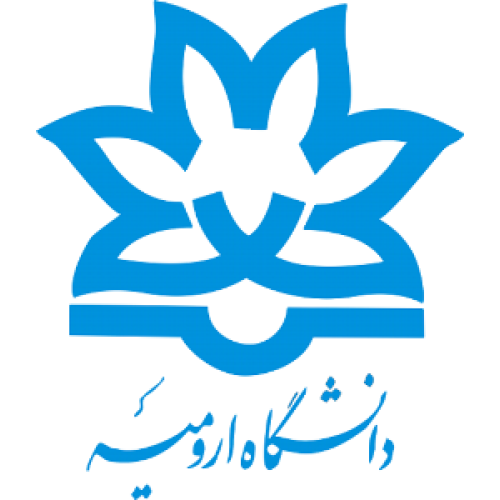
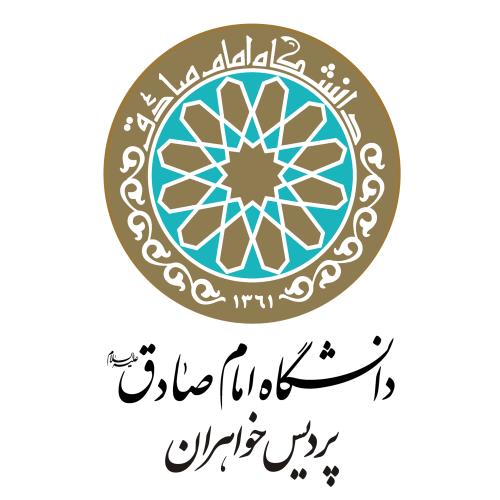
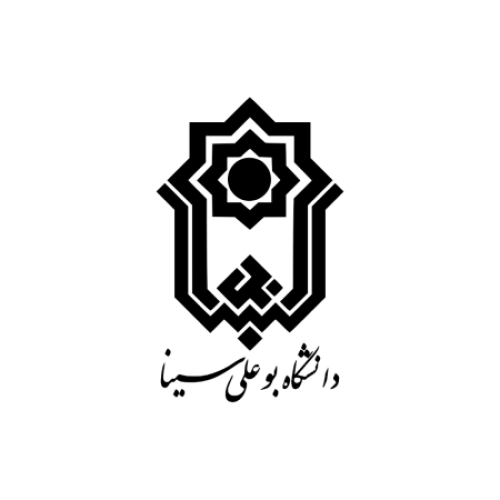
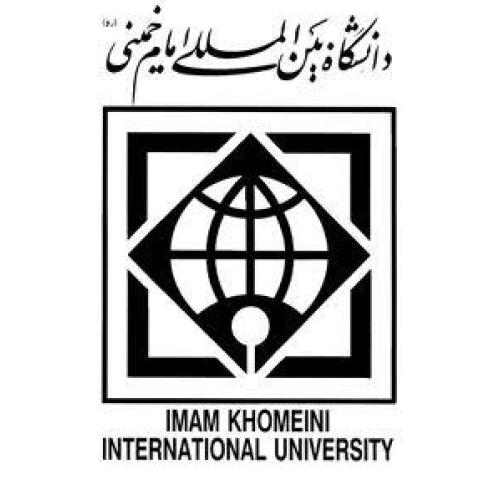
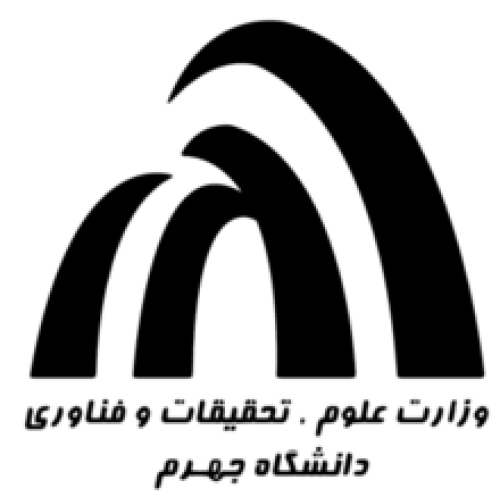
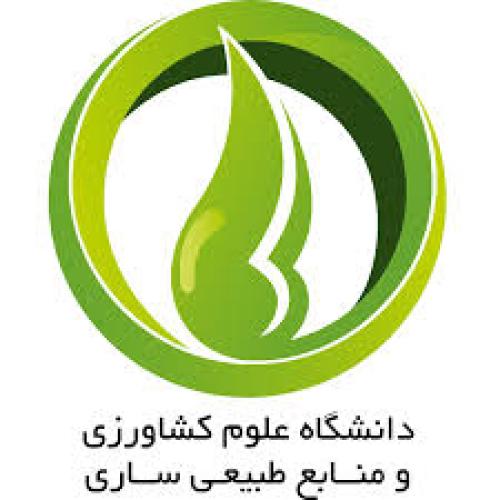
.png)
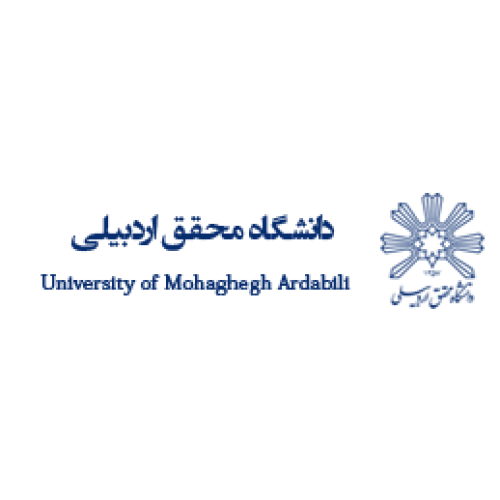
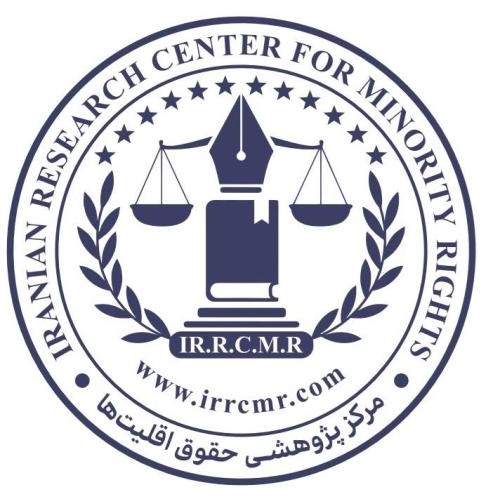
.jpg)
